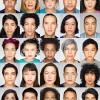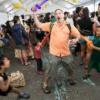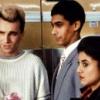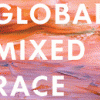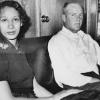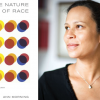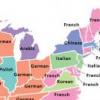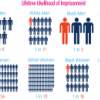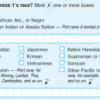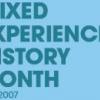"People look at us as if we dropped in from the clouds, even at this phase of human history. I didn’t know that we can still have that kind of reaction, even within New York. It’s not like people voice it out in terms of antagonistic confrontation, but they can still see it in the eyes. The surprise -- “Oh, how do they manage?” You know: “how did that happen?” And all that."
Themes: Race & Ethnicity
Ericka Basile
"...So for someone in Tennessee to just say, “Oh, you’re black,” you know, I am. But to me -- living there, when someone says that, it’s almost like -- not a dismissive thing, but it’s like they’re not doing the extra work to understand what other things comprise you."
Making Space to Talk About Race
Oral history allows for multiplicity: for the varied, nuanced, and complicated stories of identity and experience to be told, instead of flattened to static racial categories.
Corbin Laedlein
"At some point in high school, I started to feel some real internalized racism because there was this feeling, like, textbooks are only talking about people who look like my dad. You open a textbook and it shows no contributions to human history of people from who descended from Africa or indigenous people from the Americas..."


